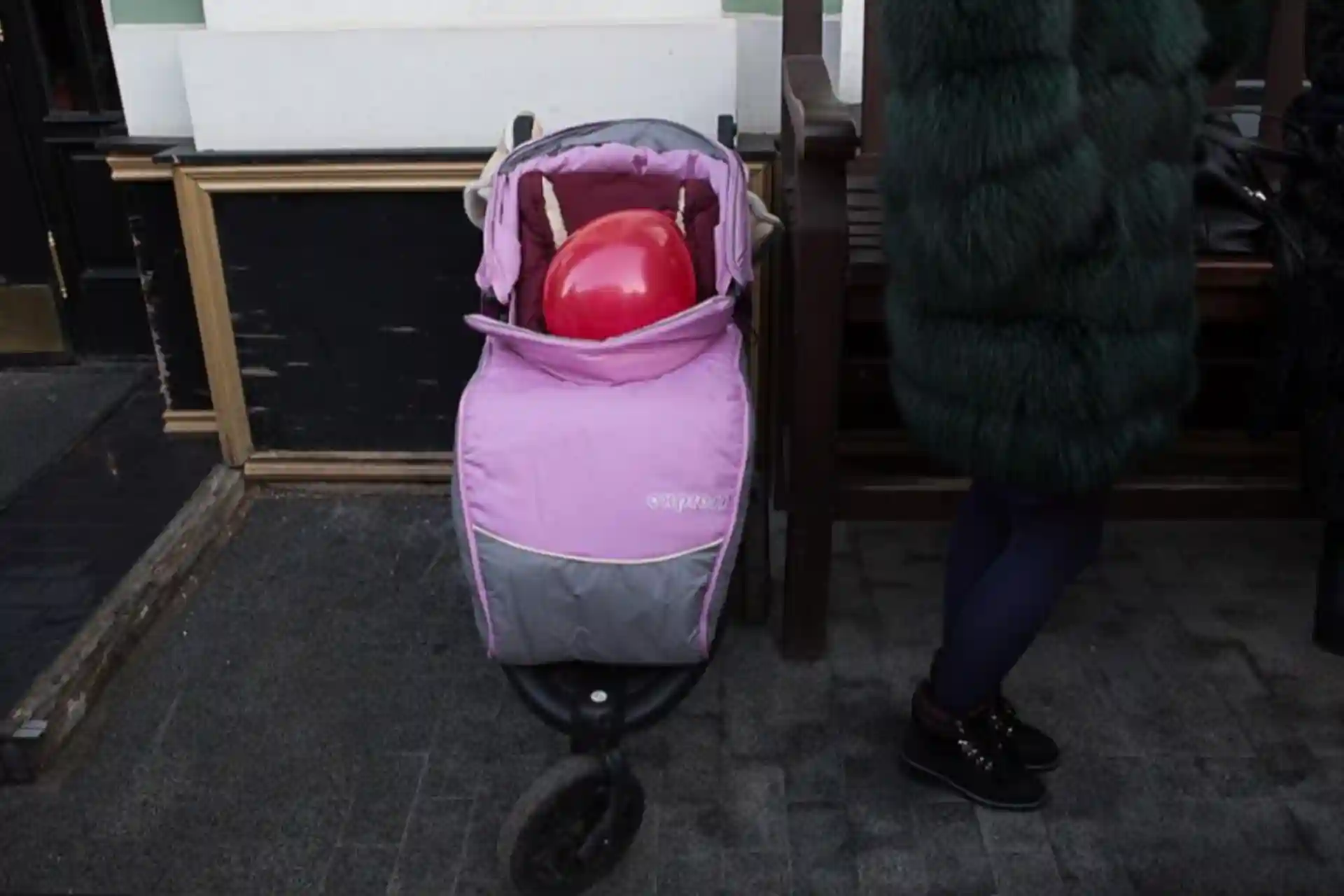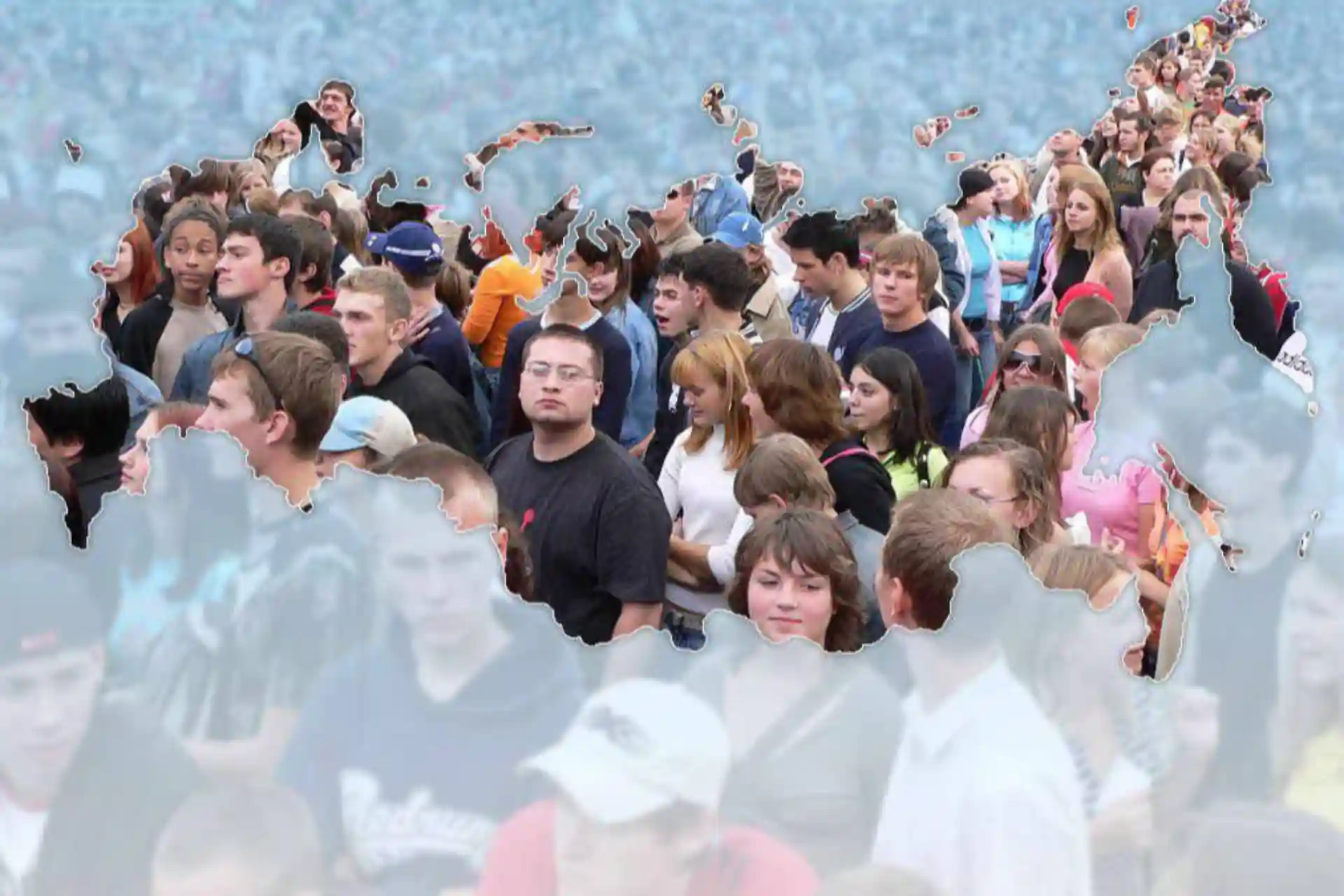In Russia, it was proposed to encourage birth through religion and education
Deputy of the Russian State Duma, Irina Filatova, noted that the money allocated for the promotion of birth is ineffective, and for this, the role of religion and education should be strengthened. "The key to population growth is not money, but education, moral-ethical and religious foundations, acceptance of children as an integral part of the normality of human life," he said.
"Non-traditional values" and ideas of self-development should disappear from the Russian information space, and allocating money to encourage birth will not work, says Irina Filatova, a member of the Russian State Duma.
"It is a big mistake to think that allocating large amounts of money to encourage fertility is enough to solve the problem. "The key to population growth is not money, but education, moral, ethical and religious foundations, society's acceptance of children as an integral part of the normality of human life," Filatova is quoted as saying by "Govorit Moskva".
According to him, the rising standard of living, education, medical and professional opportunities are the reasons why families do not want to have many children, even the first child. He added that a comfortable lifestyle in developed countries does not affect the desire to have children.
"Childlessness, non-traditional relationships, ideas of consumerism, self-development, replacing traditional family values with cats and dogs should disappear from the information field at all levels," the deputy noted.
Until then, Russian President Vladimir Putin demanded that the government convince Russians to give birth more . He noted that "at one time serfdom was a tradition in Russia, families consisted of seven or nine people." Serfdom helps to solve the problem of labor shortage in the country.
Earlier, the director of the Central Institute of Economics and Mathematics of the Russian Academy of Sciences, Albert Bakhtizin, called on the government to conduct a "special demographic operation" in order to prevent the complete disappearance of the country's population in the future.
"We lose 500-600 thousand people a year. Considering the size of the territory and the need for a large number of people in order to maintain the growth rate necessary for the economy, this poses a threat to national security," Bakhtizin said.
The scientist recalled the UN forecast that the population of Russia will decrease to 120.5 million people by the end of the century. At the same time, the expert noted that the Institute for Population Health Measurement and Evaluation, funded by the World Health Organization (WHO), has a more pessimistic estimate of 106 million people.
He added that according to forecasts of the Russian Academy of Sciences, a significant decrease in the number of women of childbearing age - 15-49 years and reproductive age - 20-29 years will lead to a further decrease in the birth rate in Russia. "According to our calculations, by the 30th year, the number of such women will decrease by 9 percent," Bakhtizin clarified.
At the end of 2023, Russia's fertility rate (the average number of children per woman of reproductive age) fell to 1.4. This is a 17-year low, and the number of births has declined every year for more than 10 years in a row. According to the decree signed by Putin immediately after the start of his fifth term, the head of state was required to increase the total birth rate to 1.6 by 2030 and 1.8 by 2036.



